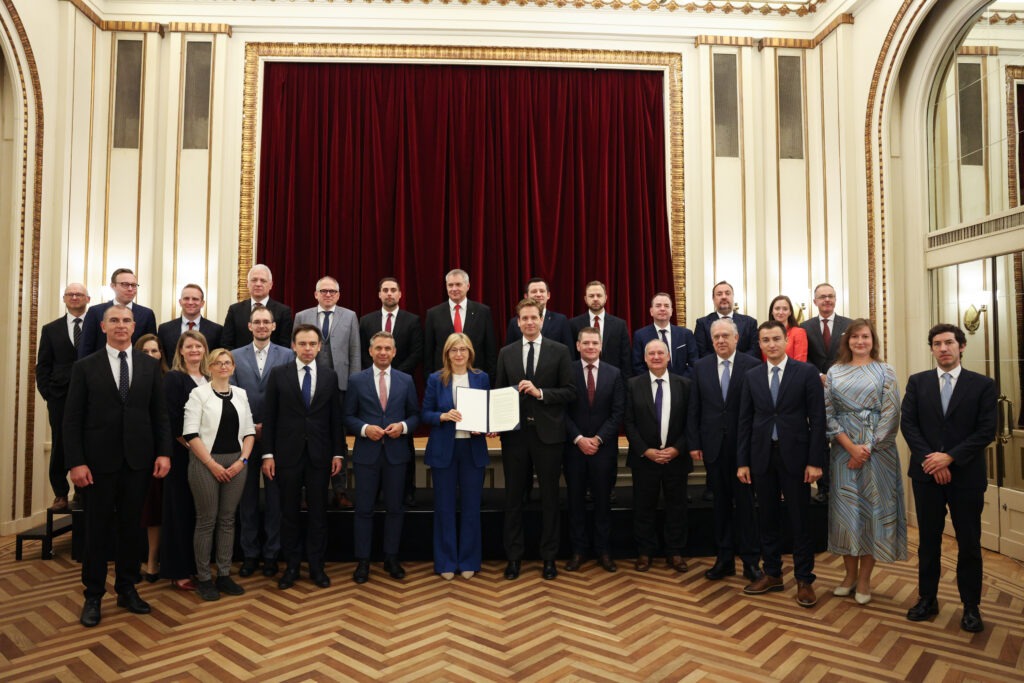
Portugal, together with the other 26 Member States of the European Union, signed the Semiconductor Coalition (Semicon Coalition), a high-level political commitment that defines the common strategy to strengthen Europe’s leadership in the semiconductor sector and prepare for the revision of the European Regulation on Semiconductors (EU Chips Act 2.0).
The Coalition marks a decisive step in Europe’s response to global technological and geopolitical challenges, setting out an ambitious roadmap to create a competitive, sustainable, and resilient industrial ecosystem in the field of semiconductors, which are essential components for Europe’s digital, energy, and industrial transition.
Semiconductors are at the heart of digital and technological transformations and are essential for strategic sectors such as artificial intelligence, telecommunications, automotive, defense, energy, and life sciences. In view of increased international competition and intensifying geopolitical tensions, the European Union considers this sector to be strategic and wants to step up investment, research, and innovation efforts to ensure global leadership across the entire value chain.
The Minister of Economy and Territorial Cohesion, Manuel Castro Almeida, signed the declaration on behalf of Portugal, on the sidelines of the Competitiveness Council meeting on September 29 in Brussels, which was attended by the Secretary of State for Economy, João Rui Ferreira.
The Semicon Coalition proposes that the revision of the EU Chips Act be structured around three major strategic objectives:
- Prosperity: developing a competitive European semiconductor ecosystem capable of generating economic and social value in key sectors;
- Centrality: strengthening European leadership in critical areas of the global value chain, including research, design, manufacturing, and end applications;
- Resilience: ensuring a sustainable and secure supply of semiconductors for strategic sectors, even in times of global instability.
To achieve these objectives, Member States have defined five priority areas for action:
- Ecosystem: strengthening cooperation between industry, research centers, SMEs, and startups, accelerating innovation and technology transfer.
- Investment: align public and private financing, mobilize capital, and simplify the approval of strategic projects.
- Competences: creating a European training and qualification program in semiconductors and attracting highly specialized talent.
- Sustainability: promoting the production of efficient and circular chips, contributing to climate and energy transition and reducing the industry’s environmental impact.
- International partnerships: strengthening cooperation with strategic global partners, while maintaining European technological autonomy and ensuring secure and diversified value chains.
With the signing of the Semicon Coalition, the European Commission will begin the process of revising the EU Chips Act, which will include a public consultation until November 28, 2025. The new version of the Regulation will be the centerpiece of the European strategy to ensure that Europe “innovates, competes, and leads” in the semiconductor era.


